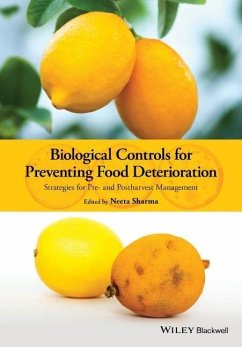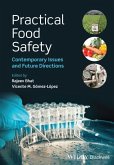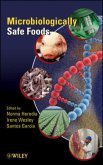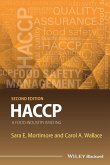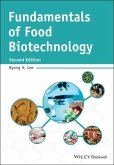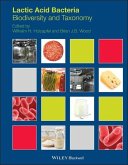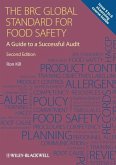Various biotic factors cause diseases in crops, which result in food losses. Historically pesticide development has been instructive to us in terms of the benefits derived as well as the hazards that accompany their indiscriminate use. The application of fertilizers and pesticides to crops has become a norm in agricultural production, but this has led to resurgence in pests as they have developed resistance to such chemicals. Biological control of plant pests and pathogens is part of the solution to this problem. This is an area that continues to inspire research and development. It is also the foundation on which sustainable, non-polluting pest control for tomorrow's farms must be built.
Biological Controls for Preventing Food Deterioration provides readers with options of non-chemical, eco-friendly, environmentally safe natural alternatives to prevent food from spoilage at pre- and postharvest stages. It covers the principles behind these techniques and their implementation. By integrating theory and practice, this book discusses the potential and associated problems in the development of non-chemical alternatives to protect food and addresses the common hurdles that need to be overcome to enable commercialization and registration of natural products for combating diseases.
Focussing on plant foods, this timely book is unique in scope as it offers an international perspective on food deterioration caused by bacterial, fungal, viral, and mycotoxin contamination. It brings together highly respected scientists from differingyet complementary disciplines in one unified work that is important reading for food safety professionals, researchers and students.
Biological Controls for Preventing Food Deterioration provides readers with options of non-chemical, eco-friendly, environmentally safe natural alternatives to prevent food from spoilage at pre- and postharvest stages. It covers the principles behind these techniques and their implementation. By integrating theory and practice, this book discusses the potential and associated problems in the development of non-chemical alternatives to protect food and addresses the common hurdles that need to be overcome to enable commercialization and registration of natural products for combating diseases.
Focussing on plant foods, this timely book is unique in scope as it offers an international perspective on food deterioration caused by bacterial, fungal, viral, and mycotoxin contamination. It brings together highly respected scientists from differingyet complementary disciplines in one unified work that is important reading for food safety professionals, researchers and students.

